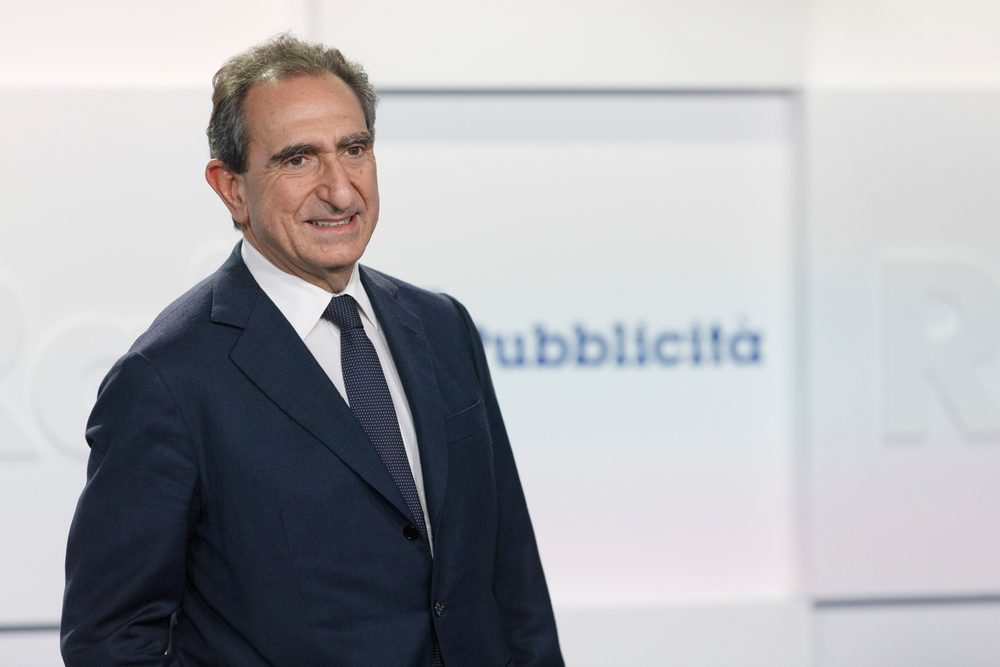
Carlo Fuortes
The managing director of Italy’s public broadcasting service RAI resigned Monday, May 8th, claiming that the station is undergoing an ideological purge at the behest of the country’s new populist government.
Carlo Fuortes made the decision to leave his post claiming that there was growing professional pressure on him to change the network’s ideological line in line with Italy’s new Fratelli administration.
One of Italy’s largest broadcasting institutions—financed by the Italian Ministry of Finance—RAI operates multiple TV and radio stations across the country in competition with the Berlusconi-owned Mediaset media empire. Fuortes, who has been in the role only since 2021 accused Prime Minister Giorgia Meloni of wanting total control over Italian broadcasting institutions in his resignation letter.
It is understood that Fuortes’ departure was a long time coming, after months of strained relations between him and the government. He was regarded as a political ally of former Italian Prime Minister Mario Draghi.
In a statement to the Italian press, Fuortes accused Fratelli of putting him under professional pressure and contributing to a “political clash” among RAI executives attempting to marginalise his role at the broadcasting company. Fuortes added that his position was untenable due to his wish to maintain political neutrality in RAI. There are, nevertheless, rumours of a large payout to secure his exit from the role.
Meloni’s Fratelli has welcomed the resignation and has cited Fuortes’s failure to implement reform at RAI as the real reason for his exit. There has been speculation that Meloni and her government had been attempting to insert Fratelli allies into positions of power in the broadcaster.
Not the first time Fratelli has locked horns with the state broadcaster, the party launched a formal complaint against RAI for its platforming of anti-Fratelli comments by French philosopher Bernard-Henri Lévy just before last year’s election.
Since taking office in October 2022, Italy’s new Fratelli government has moved to secure its position at home and abroad with control of media institutions essential for the political longevity of any Italian government. Meloni has earned a reputation on the international stage for a pragmatic approach to implementing her populist platform and is leading the charge against an ongoing asylum surge and energy crisis faced by the country.
The Italian media landscape is an important component of politics. Former Prime Minister Silvio Berlusconi famously dominated Italian politics for two decades due to his control of the country’s media patronage networks and the support of his own Mediaset company.
Likely fueling claims of authoritarianism, the changing of the guard at RAI highlights a serious commitment to power by Italy’s new administration.
